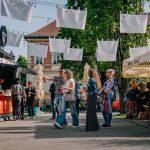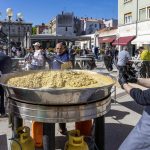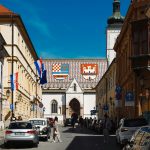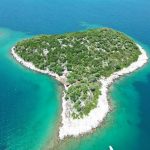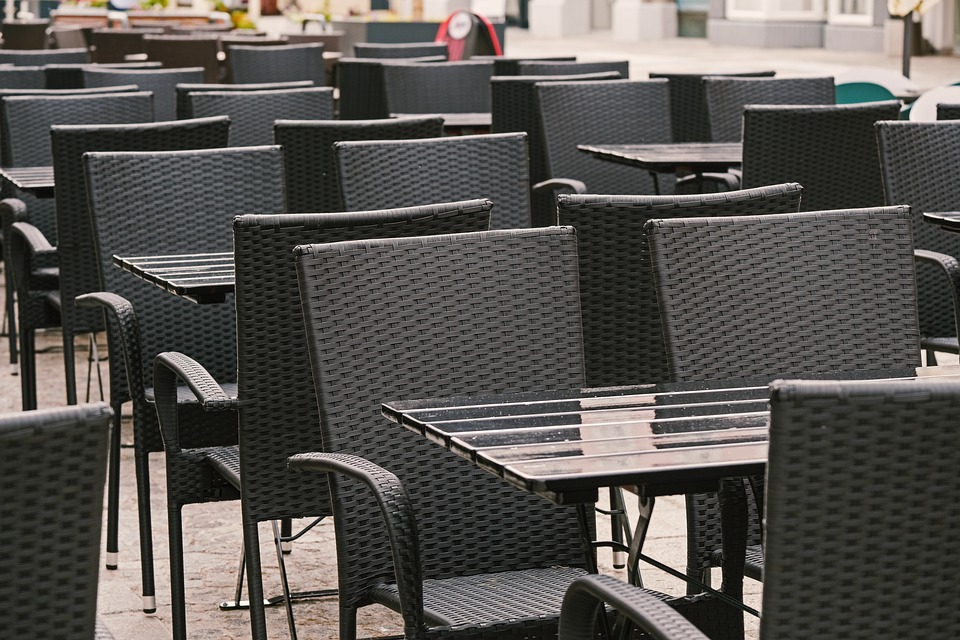
Krunoslav Capak has stated that all countries began to relax their respective anti-epidemic measures, after which, the number of newly infected people unfortunately increased.
As Poslovni Dnevnik writes on the 30th of June, 2020, Capak sat down to discuss the situation with coronavirus in Croatia and some of the latest developments in that regard.
“Our epidemiological picture has worsened in the last ten days or so. From mid-May to mid-June, we had an extraordinary epidemiological situation and we were the best country in Europe in terms of the number of new cases,” said Krunoslav Capak, the director of the Croatian Institute of Public Health, who spoke about the issue on Skype recently.
He commented on the current situation in the country and said that they had already started planning the opening of certain activities such as schools and colleges.
In mid-June, he added, the situation began to deteriorate when Croatian citizens became infected in neighbouring Bosnia and Herzegovina, and at the same time measures were relaxed and people began to behave more freely. After that, there was a case in Đakovo when several people from Kosovo returned to a monastery. He said the two cases resulted in two major new coronavirus hotspots.
Krunoslav Capak believes that the situation is now under control, HZZO is in daily contact with people in the field. He added that these situations cannot simply be resolved overnight, but it is coming more and more under control day by day and they believe that Croatia will have a better epidemiological situation once again in the next ten or so days.
Tourism and borders
Tomislav Fain, the president of the Association of Croatian Travel Agencies, commented on what would happen if Slovenia gave recommendations to its citizens not to come to Croatia, which seems unlikely given the most recent news from Croatia’s neighbour to the north, unless something changes for the worse rapidly.
“Guests are more afraid of returning and the conditions they’ll have to go through when they get home,” said Sean Lisjak, president of the Croatian Chamber of Commerce’s Marina Association, who appeared on the show from HRT’s Pula studio.
He added that Croatia’s marinas were full, and that the country’s charter traffic has come back to life, but it’s still all a very far cry from what we’re all used to along the coast at this time of year.
Zoran Niceno, Chief of the Border Directorate of the Ministry of the Interior spoke about the opening of the borders and what will change from the 1st of July onward.
“The European Council has sent a written recommendation on the phasing out of travel restrictions, primarily to those imposed on each other by EU member states, and only then to third countries. The list of third countries hasn’t been agreed yet,” he said.
The decision of the Council will be known on Tuesday, he said.
Krunoslav Capak: We have to learn to live with the coronavirus among us because it isn’t going anywhere anytime soon…
“There’s indecision and fear on both sides,” said Marko Jurcic, an adviser to the president of the Croatian Chamber of Commerce (HGK). He believes that the borders should be opened, but with precautionary measures firmly in place. He added that we cannot open the borders without expecting any new cases of infection.
“It requires a light balance,” he said.
Krunoslav Capak said all countries began to relax measures after which the number of newly infected people increased.
”We have to learn to live with the coronavirus among us because it won’t disappear so quickly, there are more variants of what will happen in the future, but at this point we have to learn to live with this virus and stick to our epidemiological measures,” he added.
He stressed that the coronavirus will not disappear even if there are no tourists, it is here among us in the population and as such it will continue to circulate.
For more, follow our dedicated section on coronavirus in Croatia.



